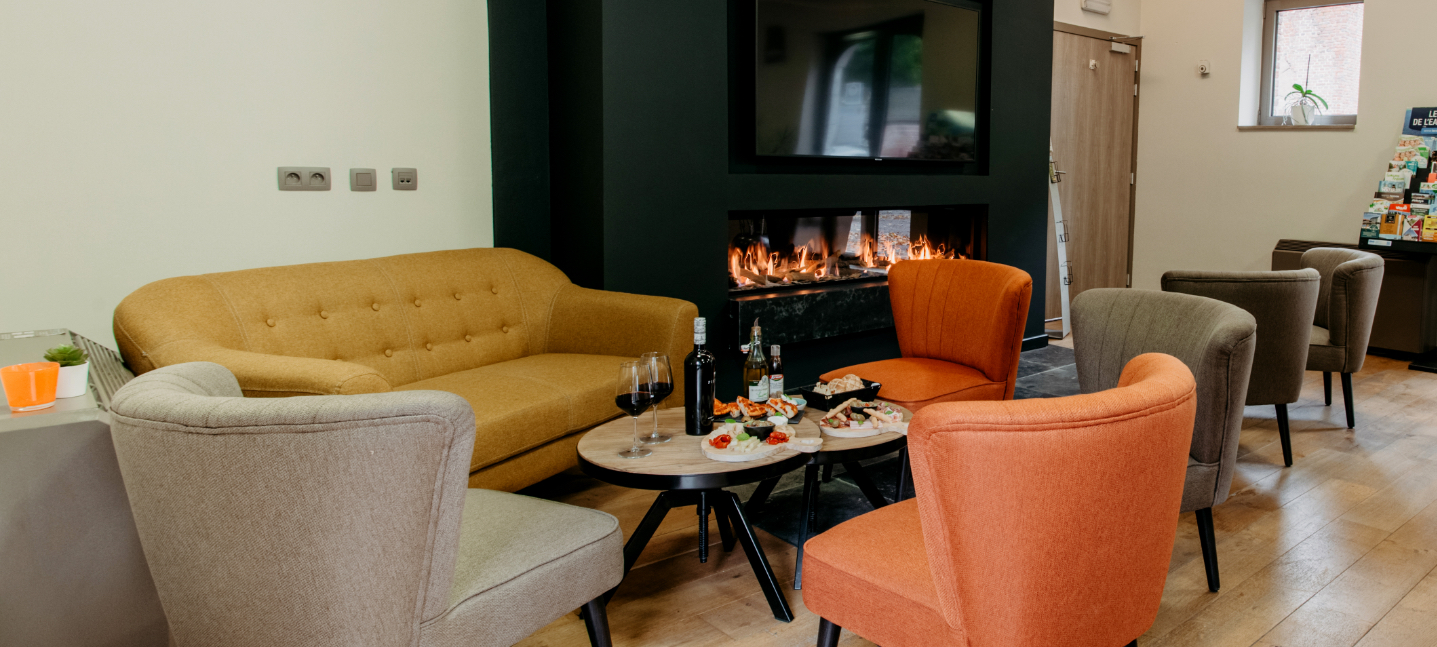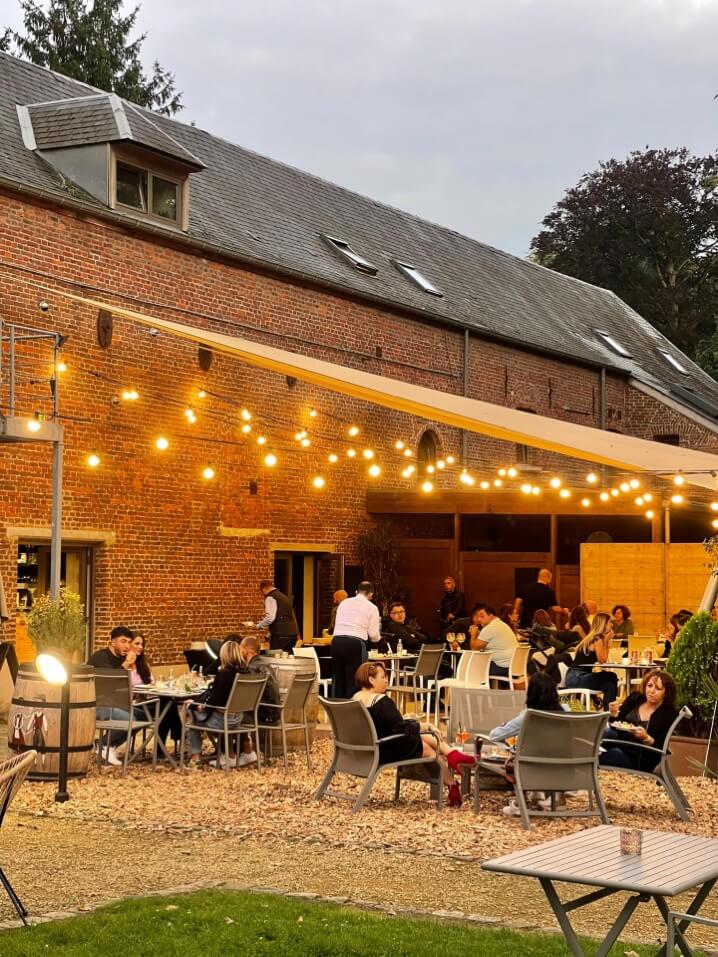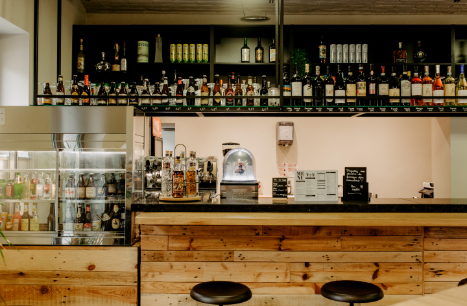LE LIEU DE VOS
FUTURS EVENEMENTS
FUTURS EVENEMENTS
Un espace voué
à l’excellence
à l’excellence
Construite au début du 18ème siècle, la ferme du Val-Fayt est aujourd’hui totalement et respectueusement rénovée. La volonté des concepteurs et architectes était de créer un espace voué à l’excellence.
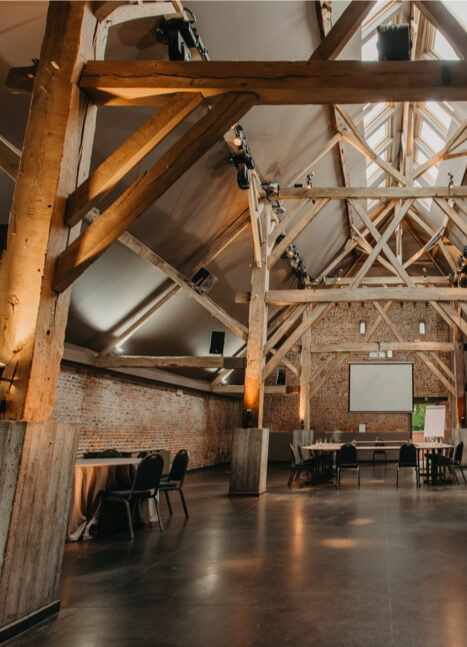
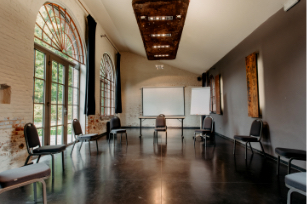
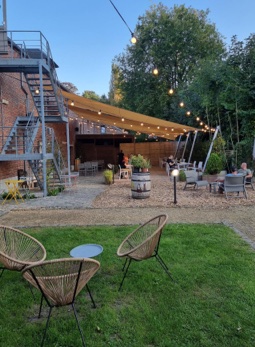
Un cadre
d'exception
d'exception
|Découvrez Le Val-Fayt,
un lieu au cachet unqiue pur vos événements.
Niché dans un cadre verdoyant, nous offrons un espace rustique et chaleureux, idéal pour vos événements, séminaires et banquets.
Les murs de briques et les poutres en bois créent une atmosphère authentique. Profitez de la vdure environnante pour une escapade apaisante. Le Val-Fayt est sans nul doute le lieu de vos futurs événements. De plus, nos chambres confortables vous permettent de prologer votre séjour. Privatisez entièrement la ferme pour une expérience exclusive. Un mélange parfait entre charme historique et commodités modernes, pour des moments inoubliables.
un lieu au cachet unqiue pur vos événements.
Niché dans un cadre verdoyant, nous offrons un espace rustique et chaleureux, idéal pour vos événements, séminaires et banquets.
Les murs de briques et les poutres en bois créent une atmosphère authentique. Profitez de la vdure environnante pour une escapade apaisante. Le Val-Fayt est sans nul doute le lieu de vos futurs événements. De plus, nos chambres confortables vous permettent de prologer votre séjour. Privatisez entièrement la ferme pour une expérience exclusive. Un mélange parfait entre charme historique et commodités modernes, pour des moments inoubliables.
